When you reach retirement age, after an eventful life with many highs and lows, every now and then the question arises about unfulfilled aspirations, about tasks which still need be done, and about the potential of further contributions to the common good.
While you are considering the various possibilities, it can easily be that bold dreams come to mind, ingenious ideas, creative, daring visions. Creative thinking is not necessarily a youth privilege, and creativity coupled with life experience still can bring amazing results.
Who would not like to be a visionary thinker, a teacher, preacher, saint, prophet? Like Francis of Assisi or Buddha? The dreams and visions which come to your mind must of course first be molded into captivating, mesmerizing, energizing speech, because you have to tell them to other people. You need to recruit followers, supporters, pupils, disciples. Without them you will achieve nothing.
Finding the right words and sentences may be as hard as finding the right ideas, and it will make your head spin. This is strenuous, arduous work, but let’s try it nevertheless, starting with the headline:
I have a dream
Sounds very good, but Martin Luther King Jr. wrote that already in 1963.
Imagine
Also sounds good, but John Lennon wrote a song with this title in 1971.
Apart from that, if you don’t want to end up like King and Lennon, it may be better to act in a small local setting, undetected by the forces of evil. Maybe you also open with a rather innocent and uncontested phrase, like for instance:
What if?
What if people were living in harmony with nature, taking only what they really need, being content with what they have?
What if there was no advertising and shopping was not one of the most important things in life; what if people would meet in person and take to each other eye to eye, instead of staring at screens of computers, TV sets, smartphones?
What if respect, tolerance, generosity, selflessness were commonplace and self-evident?
What if wealth, prestige, power were unimportant and undesirable?
What if land, houses, companies would not belong to anyone but those working and living there; what if there were no billionaires, no financial debts, and no income from interest, rent, dividends?
What if there were no prisons, no armies, and no nuclear weapons?
Unrealistic, crazy ideas, say the guardians and high priests of the global, neoliberal economic system. Economic growth, global trade, technological advances are the answer to all problems, the prospering of multinational corporations and big banks means also our own prospering.
Did not Adam Smith in The Wealth of Nations and Friedrich Hayek in The Road to Serfdom convincingly demonstrate the superiority of free market economies (the invisible hand), laissez-faire (non-interference of the state), and social Darwinism (the survival of the fittest)?
Have we not subjugated the world in this way, created tremendous wealth (with 1,800 billionaires), and replaced nature in large areas with our high-tech, automated environment? Have we not changed the climate, eradicated annoying critters, replaced grueling, repetitive work in the field, garden, and kitchen with automated industrial processes of food production?
Are fully stacked shelves in supermarkets, mobility by car and plane, music everywhere, pictures and films on screens of all kinds and sizes, digitization, automation, robotization in all areas of life not a proof of our success?
Progress cannot be stopped; we will destroy the old, antiquated world and build an improved, artificial, electrified version exactly to our liking.
What should one answer to that? What should one do against them? How could one prevent their plans? They will not argue and they will not negotiate. They are on top of the world and they know, that the might of big machines and big business cannot be broken just by dreams and visions of peace and harmony.
I withdraw into the forest, to a hiding place which nobody knows except me, sit down on a tree stump, and listen to the animals of the forest. The plants grow there as they please and not as a directive of the European Union or the fine print in an international trade treaty dictates. The forest has its own laws and regulations and no TPP, CETA, NAFTA, TTIP, BIT treaty will override them.
The vegetation has changed in recent years and aggressive grass has overgrown some areas of the forest. But where I am now, everything is as it always was. If I wait long enough, deer, hares, hedgehogs will come to visit me. They know that I’m their friend.
I’m not discouraged. I know many people who think and feel like me and meet them regularly in the activist groups where I volunteer. Together we will try to take our world back. Secretive, quiet, gradual, non-violent.
This would be the usual way to end such an article, leaving the reader with the cosy feeling that there is a solution for the most existential problems and that all will turn out well in the end. Unfortunately, as comprehensive evaluations and analyses reveal, it will take an enormous, relentless effort to turn things around and a positive outcome is not assured.
It will need the brightest ideas, the most sophisticated strategies, and a lot of luck.
The global warming alarmists at it again?
Many people dismiss the increasingly dire predictions and warnings as unjustified panic, as unwarranted hysteria, while a lot of other people, among them the most knowledgable and well informed, are scared and look for novel solutions and ways out of the quagmire.
The world government meets in Davos
From January 23 to 26 some 2,500 bankers, hedge fund managers, corporate CEOs, government officials (including US President Donald Trump), and celebrities will descend once again on the Swiss Alpine resort of Davos for the annual WEF (World Economic Forum).
Admission price is 55,000 US$, this makes sure the rich and powerful will be among themselves, undisturbed by lower class individuals.
The Bloomberg Billionaires Index published last month established that the fortunes of the world’s wealthiest 500 billionaires, many of whom will be in attendance, rose 23 percent over the past year, making them one trillion US$ richer than at the end of 2016. Everything seems to be going well for the wealthy elite, and yet, they are still living in mortal fear that a growing ecological crisis, social unrest, and world war may endanger not only their fortunes, but their lives as well.
Their fears are well founded.
The WEF’s 2018 Global Risks Report, titled “Fractures, Fears and Failures,” includes subheads such as “Grim Reaping,” “The Death of Trade,” “Democracy Buckles,” “Precision Extinction”, “Into the Abyss”, “Fears of Ecological Armageddon” and “War without Rules.”
The report’s introduction declares: “This generation enjoys unprecedented technological, scientific and financial resources, which we should use to chart a course towards a more sustainable, equitable and inclusive future. And yet this is perhaps the first generation to take the world to the brink of a systems breakdown.”
The report was drafted in conjunction with a survey conducted among nearly 1,000 banking and business executives, government officials and academics, which found that 93 percent of them feared a dangerous confrontations between the major powers in 2018. 79 percent foresaw a heightened threat of a major “state-on-state” military conflict. The report cited both the confrontation between USA and North Korea and the increasingly complex inter-state conflicts produced by Washington’s military intervention in Iraq and Syria.
A consistent refrain in the annual Davos surveys is, that the risks listed in the report are interconnected. That is especially true for water scarcity, which the forum deems a societal risk. “The truly systemic challenge here rests in the depth of the interconnectedness that exists both among these environmental risks and between them and risks in other categories — such as water crises and involuntary migration,” the report states, referring to mass displacement of people in Syria, the Sahel zone, and the Horn of Africa due to the intersection of drought, political instability, and war.
In the section titled “Into the Abyss,” the document warns: “Against a backdrop of domestic and international political strife — and with economic policy-makers already operating in uncharted territory — the eruption of another global financial crisis could overwhelm political and policy responses. A systemic collapse of the sort that was averted in 2007-2008 could push countries, regions or even the whole world over the edge and into a period of chaos.”
In addition to “rising military tensions,” “military buildups,” “proxy conflicts,” and multiple “flashpoints” threatening war, the document points to the danger of rising social tensions within every industrial country.
“In many countries the social and political fabric has been badly frayed by many years of stagnating real incomes,” it states, pointing to figures illustrating decelerating wages and rapidly rising social inequality.
“High levels of personal debt, coupled with inadequate savings and pension provisions, are one reason to expect that frustrations may deepen in the years ahead.”
There is a reminder of the WEF’s 2014 Global Risk Report’s warning that one of the world’s greatest threats was a level of youth unemployment so high that it threatened to create a “lost generation.” The report notes dryly that in the three years since, this level has remained “broadly static.” It warns that with so many millions of young people without work, “generational clashes over fiscal and labour-market policies” may erupt.
“Democracy is already showing signs of strain in the face of economic, cultural and technological disruption. Much deeper damage is possible: social and political orders can break down. If an evenly divided country sees polarized positions harden into a winner-takes-all contest, the risk increases of political debate giving way to forms of secession or physical confrontation. In these circumstances, a tipping point could be reached. A spiral of violence could begin, particularly if public authorities lost control and then intervened on one side with disproportionate force. In some countries — with widespread ready access to weapons or a history of political violence — armed civil conflict could erupt. In others, the state might impose its will by force, risking long reverberating consequences: A state of emergency, the curtailment of civil liberties, even the cancellation of elections to protect public order.”
Extreme weather and natural disasters took the top two spots in the WEF Global Risk Report, ranking above cyberattacks and data fraud. This warning about ecological risks comes right after in December more than 15,000 scientists declared, that the current trajectory is deeply troubling. The scientists warned, that if carbon emissions are not reined in quickly enough, the future will see supercharged storms, crop failures, drought, famine, and mass migration.
With current atmospheric concentrations of CO2 at 405 parts per million, as opposed to about 280 parts per million before the dawn of the industrial era, the climate will surely change dramatically.
2017 was 0.84 degrees Celsius warmer than the 20th century average and it was the second-hottest year on record. In the last years temperatures were rising 10 times faster than during the bounce back from the last ice age.
Predictions about warming range from 2 degrees Celsius to 4 degrees, which means, depending one ones viewpoint, either that one doesn’t need to do much about climate change except adapt, or that imminent action is necessary, or that it’s already too late and we just have to accept that we are doomed.
Most political leaders opt to do nothing, just wait and see.
Which could be a serious mistake.
Climate change and human activity can shift forests to grasslands, savannas to deserts, coral reefs to algae-based systems, and Arctic sea ice to open waters.
One can live quite good in a forest, and if the forest is clear-cut to get wood for heating and cooking, one can live on the grassland as a herder. But if the grassland turns to desert because of overgrazing, it will become very hard to survive in this area.
There are several big climate change impacts relevant to drinking water quality and quantity: The timing of rainfall is changing and in general wet periods will get wetter, dry periods will get drier. There is less snow — snow has always leveled out periods of high and low precipitation. In a hotter climate evaporation from plants, waterways, reservoirs will increase. Agriculture will need more irrigation, there will be more forest fires, wells and reservoirs will run dry, lakes and rivers will disappear.
As troubling as climate change is the mass extinction of species.
Extinction levels are currently at least 1,000 times the rate before industrialization, and scientists differ about what that may mean for the ecosphere and ourselves.
Every loss of species counts, though the damage is gradual, incremental, and may not be instantly visible. In the long term the effected biological system will be less productive, less efficient, less healthy.
Biodiversity influences the stability of the worlds climate, soil, ozone layer, and oceans, all of which have clear planetary boundaries and can lead to a catastrophic collapse of the ecosystem. Johan Rockström from the Stockholm Resilience Centre: “Without biodiversity, no ecosystems. No ecosystems, no biomes. No biomes, no living regulator of all the cycles of carbon, nitrogen, oxygen, carbon dioxide, and water.”
Will our beloved planet, Mother Earth, “Gaia,” end up like Mars?
250 million years ago the planet suffered what may be described as its greatest holocaust: 96 percent of marine genera and 70 percent of land vertebrate vanished for good. Even insects suffered a mass extinction, the only time before or since, and entire classes of animals (trilobites for instance) disappeared.
Yet, catastrophic as this event, known as the Permian-Triassic extinction, was, some species survived and after millions of years nature recovered and went on to write new tales. Life, it seems, is so ridiculously adaptable that not only did certain species make it through whatever killed off nearly everything else, but they populated the planet again and laid the basis for a natural environment even richer and more stable than before.
So, there’s at least the chance, that the current Holocene extinction, caused by human activity, may not result into the extinction of life as a whole, and a few species may survive even a total breakdown of natural systems, starting all over again to create in just a few million years a world as fascinating and wonderful as the one which we are now destroying.
This will be regarded as cold comfort by some readers.
Lets end with a positive and uplifting note:
Initially I didn’t want to add another verse to John Lennon’s wonderful song, which accompanied me through many decades, yet …
Imagine, there’s no TV
Nobody tells you lies
No news that will confuse you
No experts’s foul advise
Imagine all the people
Living for today….
Nobody tells you lies
No news that will confuse you
No experts’s foul advise
Imagine all the people
Living for today….
Imagine, the big machines
Fall silent one by one
The jets and bombs and missiles
Are suddenly be gone
Imagine all the people
Living life in peace…
Fall silent one by one
The jets and bombs and missiles
Are suddenly be gone
Imagine all the people
Living life in peace…
You may say I’m a dreamer
But I’m not the only one
I hope someday you’ll join us
And the world will be as one
But I’m not the only one
I hope someday you’ll join us
And the world will be as one
Here is the original:
Imagine there’s no heaven
It’s easy if you try
No hell below us
Above us only sky
Imagine all the people
Living for today…
It’s easy if you try
No hell below us
Above us only sky
Imagine all the people
Living for today…
Imagine there’s no countries
It isn’t hard to do
Nothing to kill or die for
And no religion too
Imagine all the people
Living life in peace…
It isn’t hard to do
Nothing to kill or die for
And no religion too
Imagine all the people
Living life in peace…
You may say I’m a dreamer
But I’m not the only one
I hope someday you’ll join us
And the world will be as one
But I’m not the only one
I hope someday you’ll join us
And the world will be as one
Imagine no possessions
I wonder if you can
No need for greed or hunger
A brotherhood of man
Imagine all the people
Sharing all the world…
I wonder if you can
No need for greed or hunger
A brotherhood of man
Imagine all the people
Sharing all the world…
You may say I’m a dreamer
But I’m not the only one
I hope someday you’ll join us
And the world will live as one
But I’m not the only one
I hope someday you’ll join us
And the world will live as one
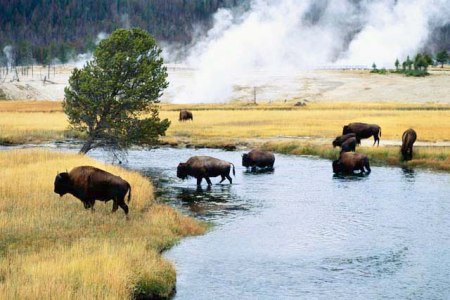
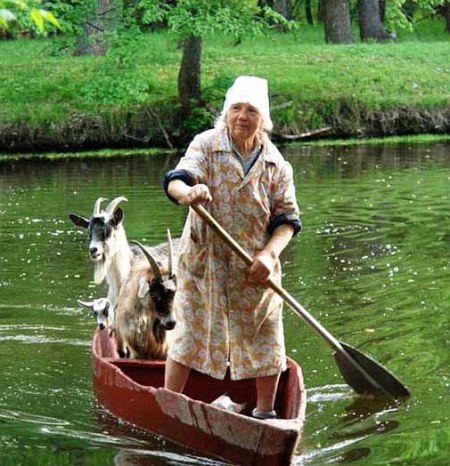
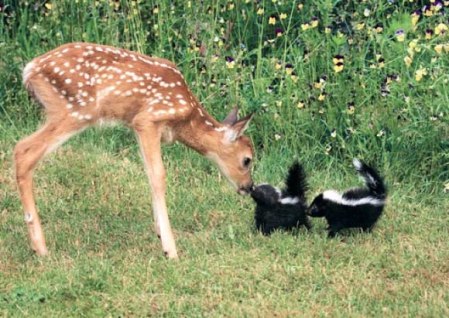
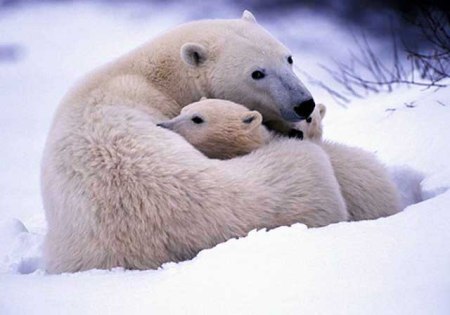
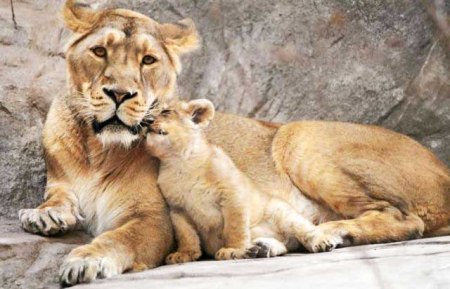
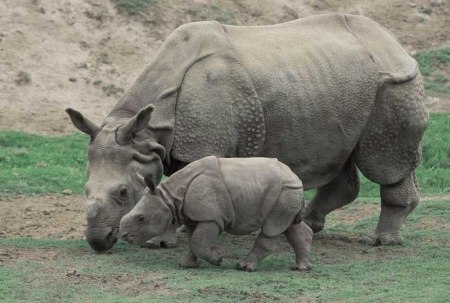
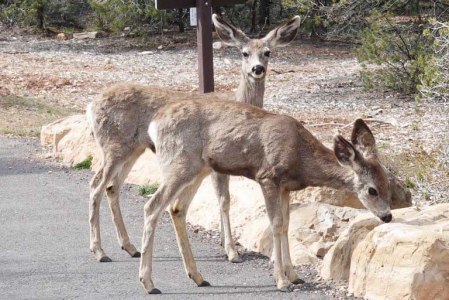
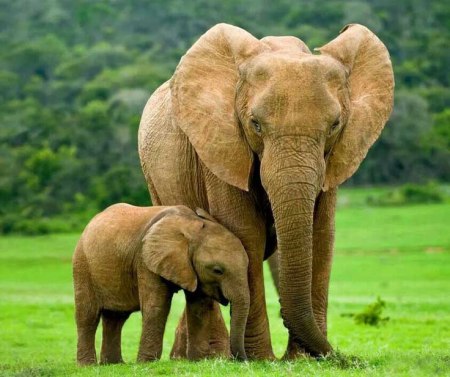
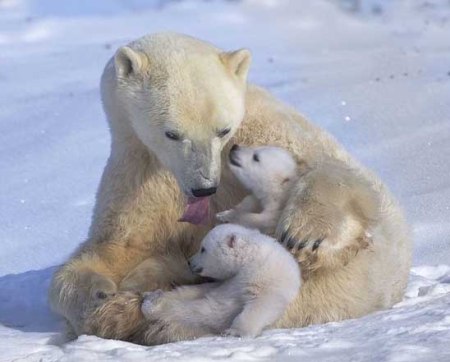
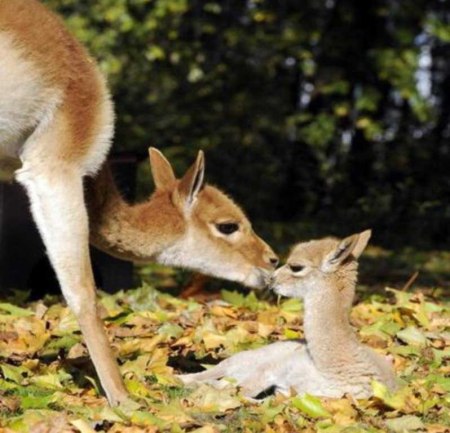
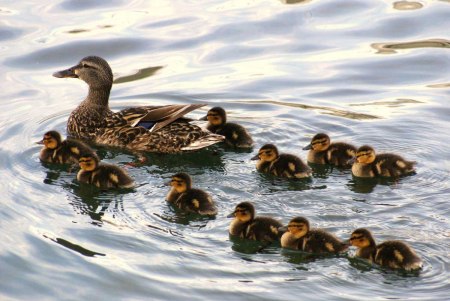
Keine Kommentare:
Kommentar veröffentlichen